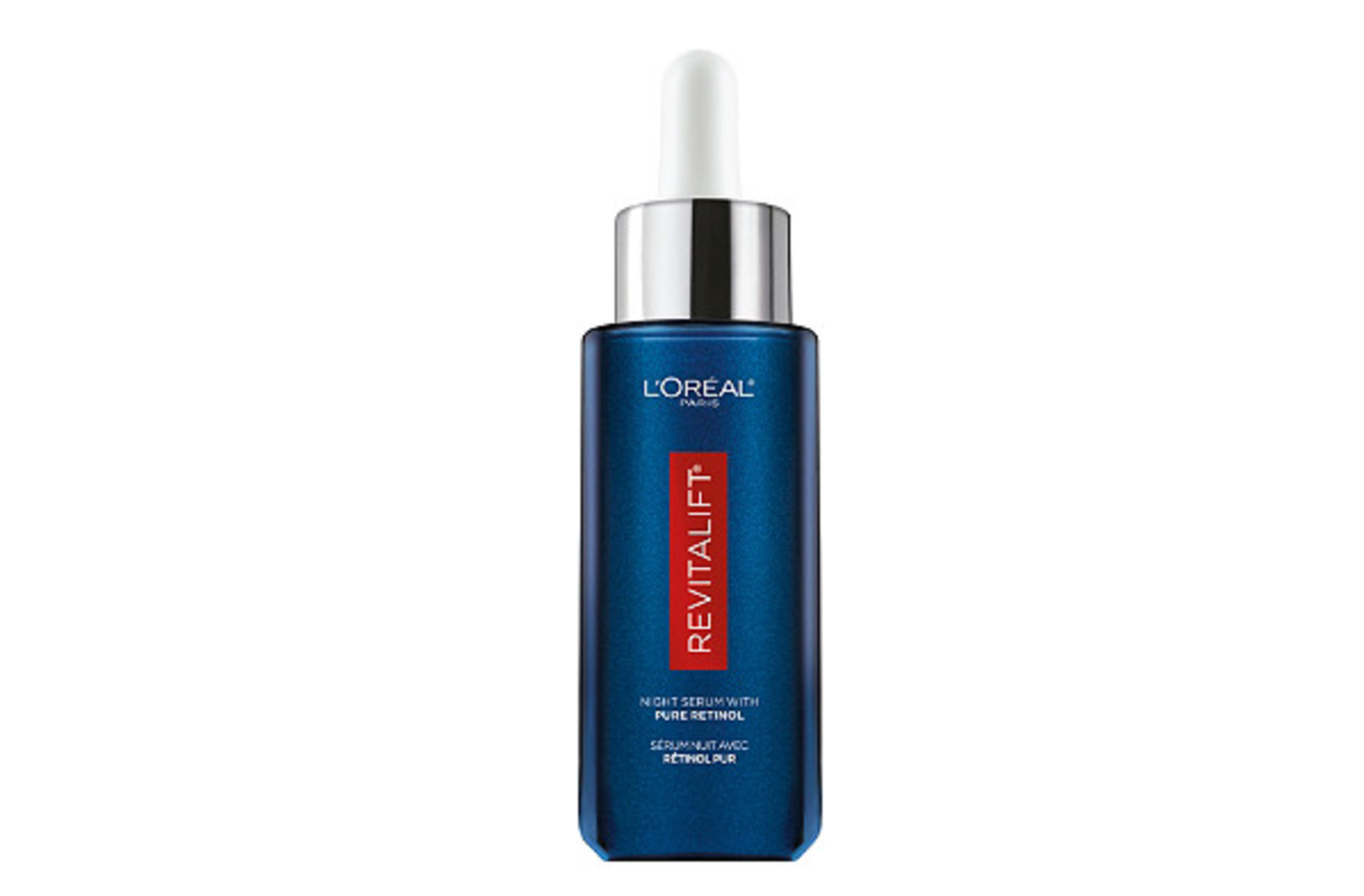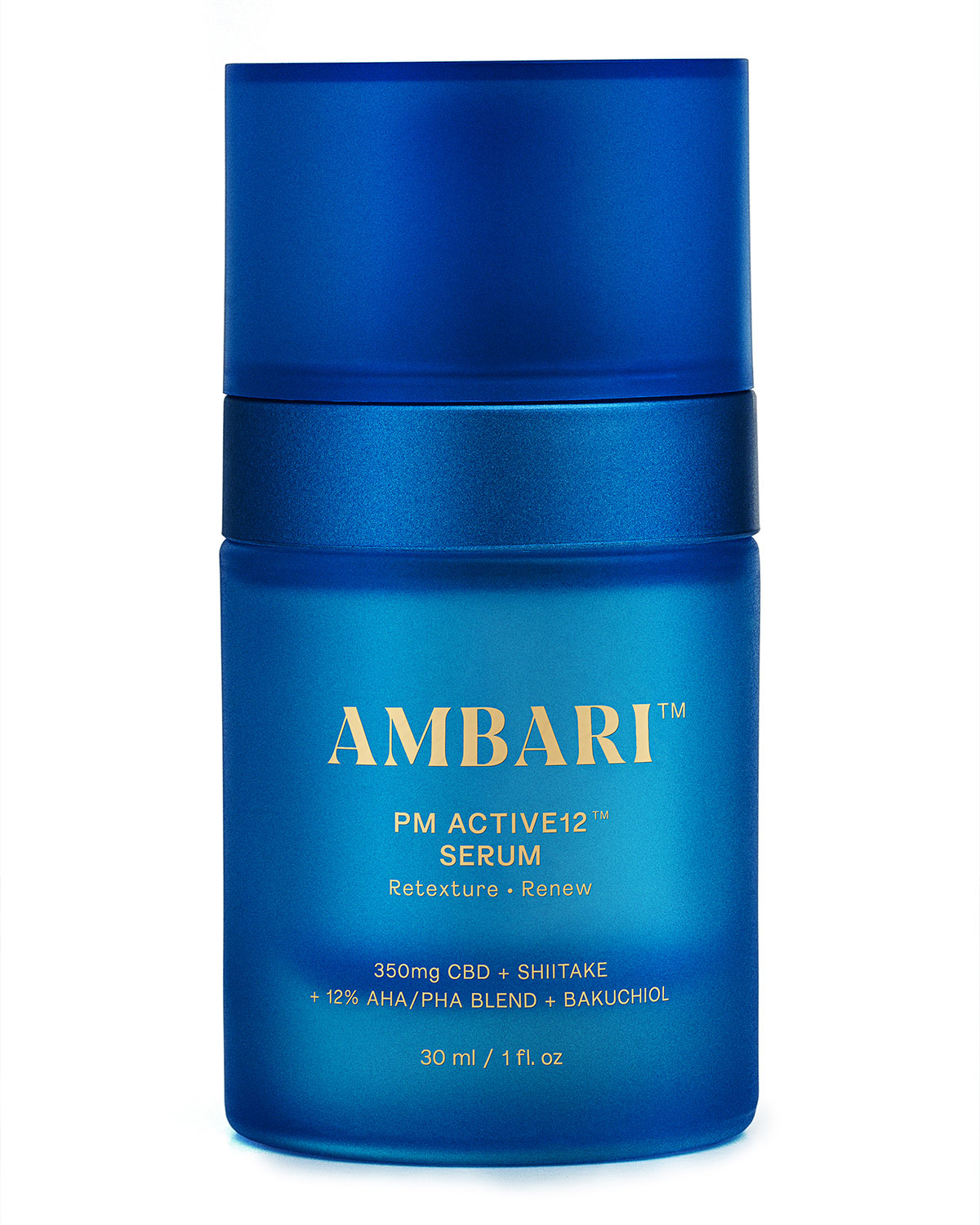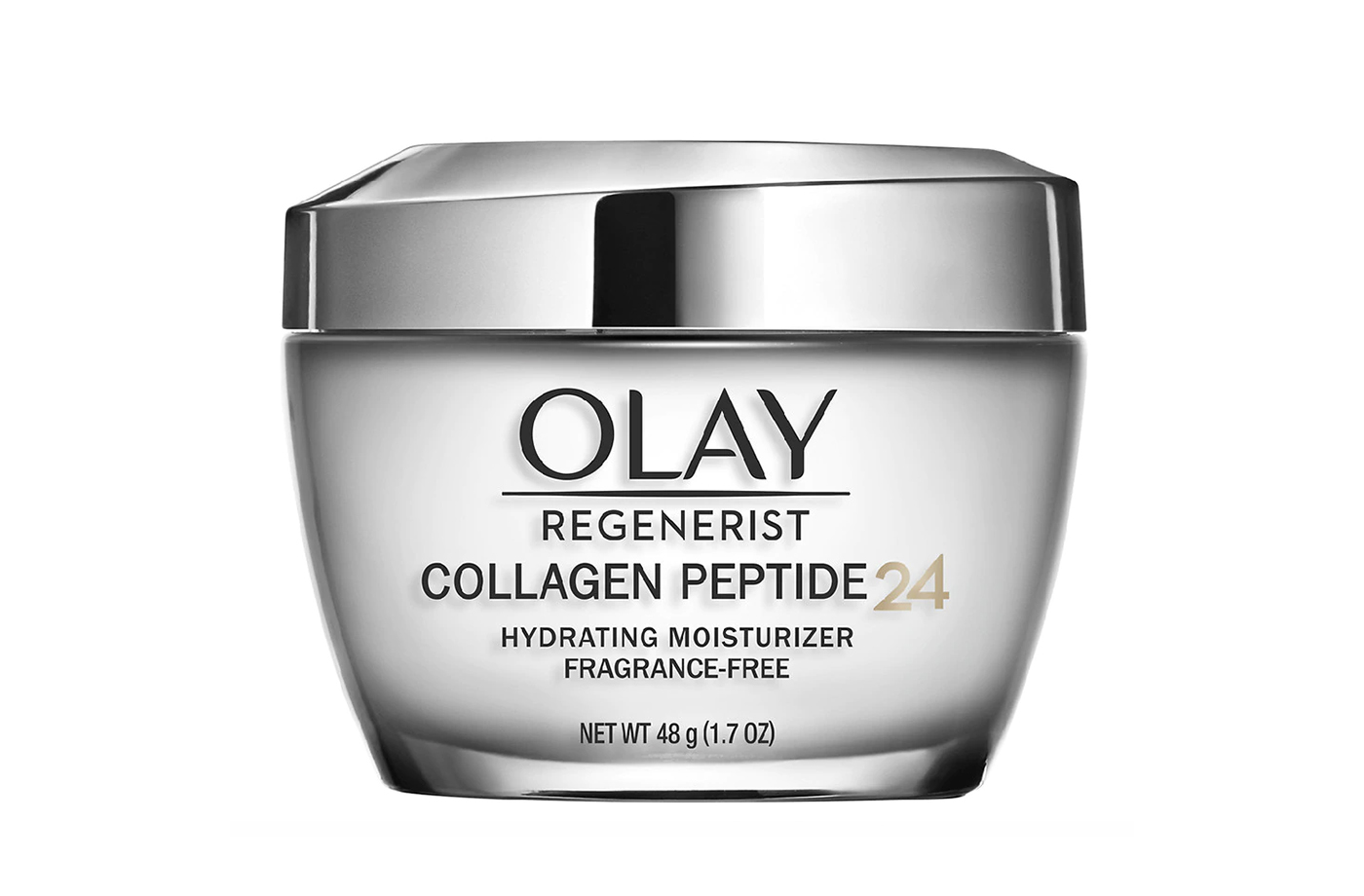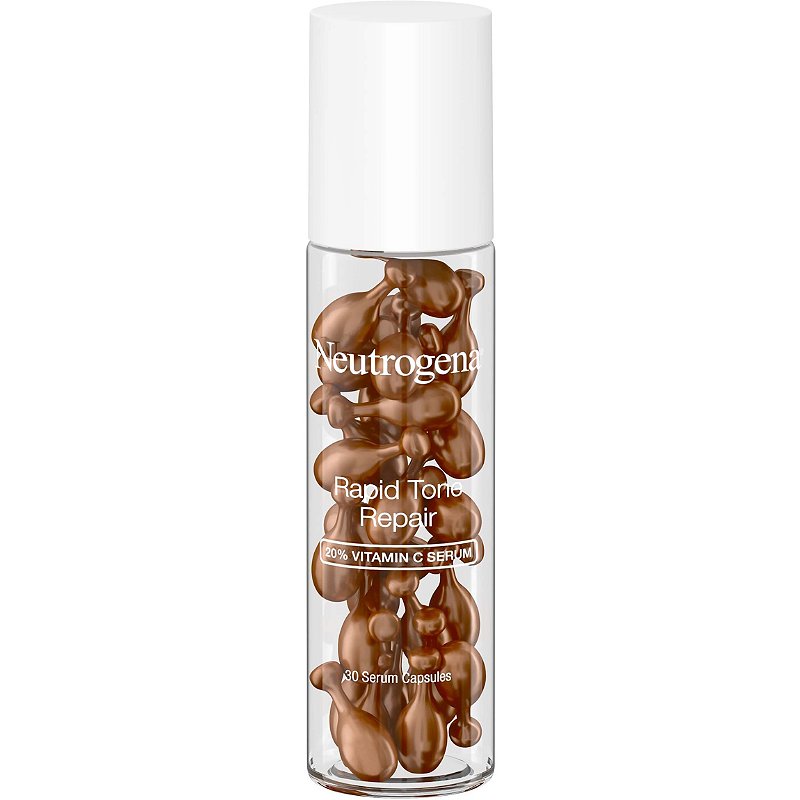Clinical-Grade Skin Care Is Bringing the Dermatologist’s Office Into Your Bathroom—And Cutting Your Routine in Half
Want proof? Just take the rise of smartened-up skin-care kits that have shrunk never-ending routines down into a few, manageable steps; the boom of beauty tools that help you take microcurrent, laser, and light therapy into your own hands; or the sudden ubiquitousness of the phrase "clinical-grade skin care" on new products to hit store shelves. But taking a step back, just what is clinical-grade skin care... and do you really need it?
- David Petrillo, Nevada-based cosmetic chemist and founder of Perfect Image
- Michelle Henry, MD, board-certified dermatologist at Skin & Aesthetic Surgery of Manhattan
- Mona Gohara, MD, board-certified dermatologist and associate clinical professor at Yale University
A shift away from what experts call "beauty hype culture" (think: death to the #shelfie) has led beauty shoppers toward a quality-over-quantity approach, with a focus on functional, high-performance products that give real results. According to David Petrillo, a cosmetic chemist, "If a product is clinical or 'medical grade' it will have a higher percentage of active ingredients." These ingredients tend to include alpha-hydroxy acids, retinols, peptides, antioxidants, ceramides, and glycolic acids, which are often included at higher concentrations than they would be in non-clinical products. The thinking is that if you have a few of these heavy-hitters in your routine, you really don't need much else.
{{post.sponsorText}}
"If a product truly is medical grade or clinical, this means the company is using more stabilized ingredients that have more longevity and take longer for their efficacy to erode over time. They would also be developed in a more chemically sophisticated manner to allow for enhanced delivery to deeper areas of the skin," Petrillo adds. However, it's worth noting that since the term "clinical" isn't regulated by the FDA (much like "clean" and "non-toxic"), there's no real way to characterize these types of products beyond what a brand tells us about them.
While the term isn't new—Dermstore, for example, has been selling clinical products for years, and brands like Skinceuticals, Dr. Dennis Gross, and iS Clinical have foundations in creating medical-grade formulations—it is becoming increasingly common to find non-medical brands and more affordable brands utilizing the term. "[Price point and product] accessibility is an issue, and I think people are becoming more cognizant of that," says Mona Gohara, MD, a board-certified dermatologist based in Connecticut. "We saw it a couple of years ago when prescription-strength retinoids and benzoyl peroxide became widely available over the counter. Acne was the first category where previously prescribed treatments were made more accessible. I think this trend was born out of that innovation, because people realized that there are things you can do at home and going to the dermatologist is a privilege."
In this case, broadening the scope of who has access to these products, as well as who can afford them, is a decidedly good thing. Thanks to launches from L'Oréal Paris, which recently expanded its Derm Intensives line to include under-$30 serums made with retinol, vitamin C, glycolic acid, and hyaluronic acid; Neutrogena, which launched antioxidant-packed capsules meant to fade dark spots; and Olay, which recently released a clinically-tested line of peptide-packed firming products, more and more consumers are able to knowingly seek out clinically-proven ingredients without needing to foot a dermatologist bill to do so.
"There's a movement happening with clinical right now," as Kate Sommerville puts it. Her recently launched "Kateceuticals" line of anti-aging, medical-grade products was inspired by the treatments she performs in her office. "The Firming Serum was inspired by the results from injectables; The Lifting Eye Cream was inspired by Botox for crows feet; and The Total Repair Cream was inspired by our Laser Genesis treatment for firming," she says. "We chose to use ingredients that can match up to those clinic treatments." Matching up ingredients to results-driven procedures helps customers make sense of what each one is used for and why you need it. By broadening the education surrounding skin care so that we can stop buying superfluous products that we don't really need, customers are better-able to achieve the results their looking for on their own.
However, it's undeniable that part of this clinical wave of launches, simply has to do with the fact that formulas are getting more science-driven because of the technology that's available to smart chemists and founders. Nisha Grenwal who founded Ambari, developed an exfoliating serum with acid concentrations that are as close as possible to what you've traditionally been able to get from a dermatologist. The secret here is a combination of alpha-hydroxy acids and poly-hydroxy acids, which are formulated at a strong acidic pH of 3.0. “Actives resurface and exfoliate best when they’re formulated at a low pH," Nisha Grewal, the brand's founder, previously told Well+Good. In other words? It's the closest thing you can get to an in-office chemical peel without having to consult a professional.
The reason for the cosmic cosmetic shift? A better understanding of what skin needs and how skin operates from the consumer. “Patients are asking really smart questions and are a lot smarter about ingredients and what to use…I think it’s definitely changed the landscape quite a bit,” Michelle Henry, MD, a New York City dermatologist, told us back in 2020, when we called science-backed, minimalist skin-care as one of the biggest trends for 2021 And as we move toward fewer, better products, this class of clinical grade formulas will keep skin looking and feeling healthy enough to have you believing it's fresh off a pro-grade facial.
Shop clinical-grade skin care

With 0.3 percent retinol, this serum offers one of the highest concentration of the active ingredient you can get over the counter. It offers powerful anti-aging results including wrinkle reduction and dark spot fading, and has been validated by an external panel of dermatologists for efficacy.

An infusion of peptides and hyaluronic acid work together to stimulate collagen and plump skin, giving this serum powerful anti-aging capabilities. In addition to diminishing the appearance of fine lines and wrinkles, it also helps to strengthen the skin barrier and offers antioxidant protection to prevent further signs of aging from occurring.

This serum is the closest thing you can get to a chemical peel without having to leave your bathroom. It’s formulated with high concentrations of alpha-hydroxy acids at an ultra-effective pH, giving it the ability to resurface and transform skin overnight.

This peptide-packed moisturizer stimulates collagen, and the result is firmer, smoother skin with less evident lines and wrinkles. It’s also got niacinamide, which helps skin retain moisturizer as well as stimulate cell turnover.

Thanks to a 20 percent concentration of vitamin C, these single-serving ampules have been clinically proven over time to help reduce the look of dark spots, smooth skin texture, and minimize the appearance of fine lines and wrinkles over time. For best results, simply use one every morning as a part of your a.m. routine.
Want to be the first to hear about the latest (and greatest) SHOP product drops, custom collections, discounts, and more? Sign up to have the intel delivered straight to your inbox.
Loading More Posts...